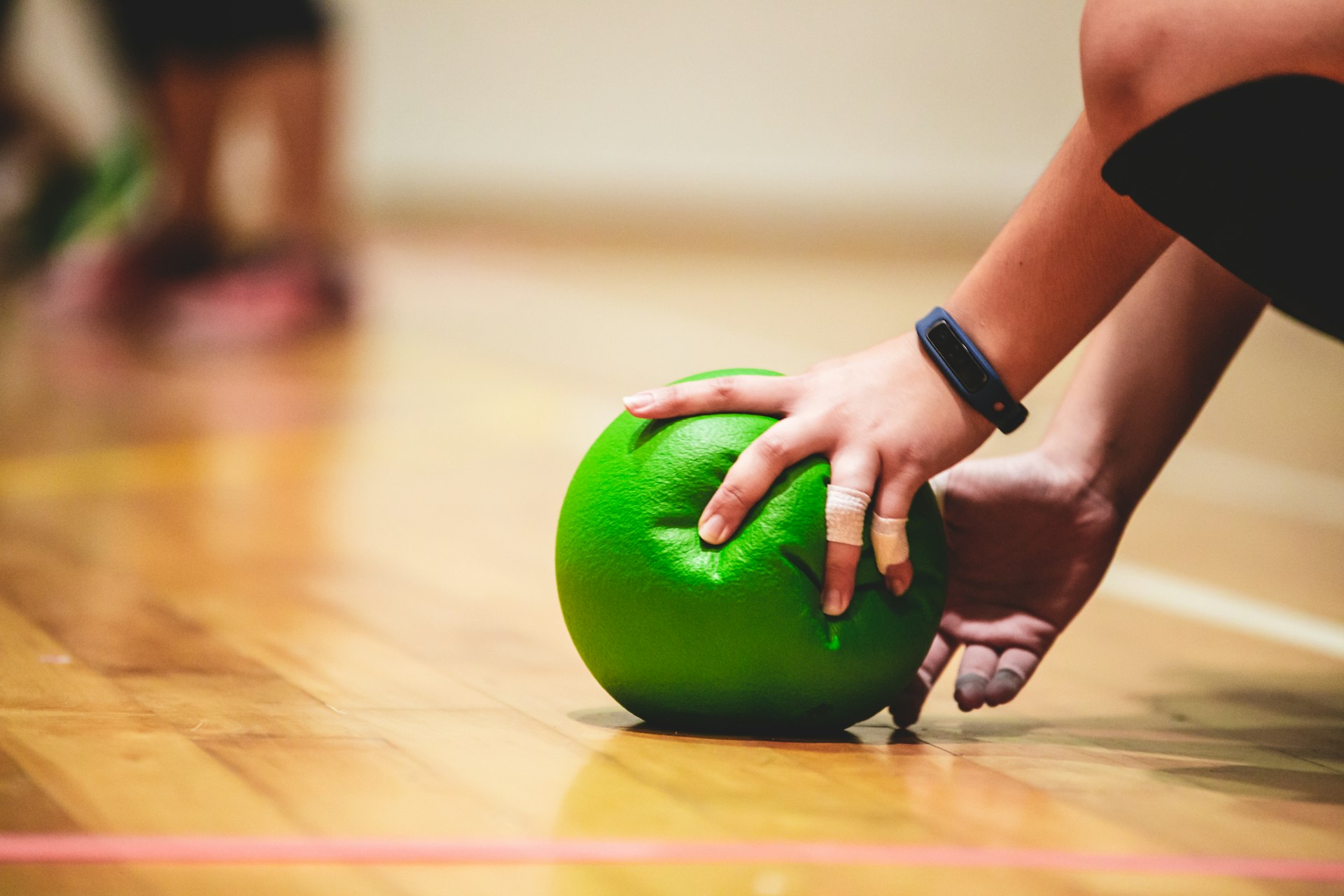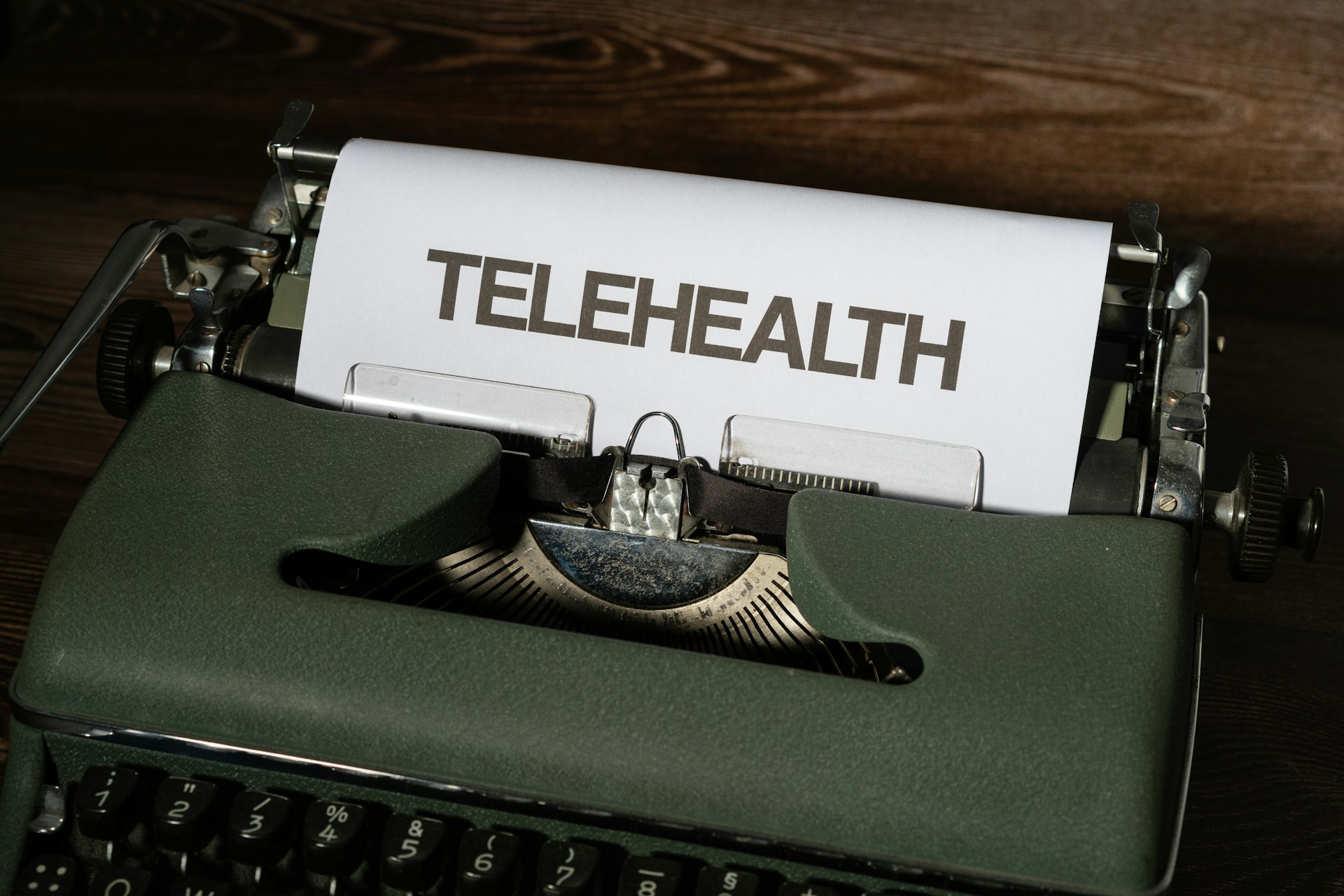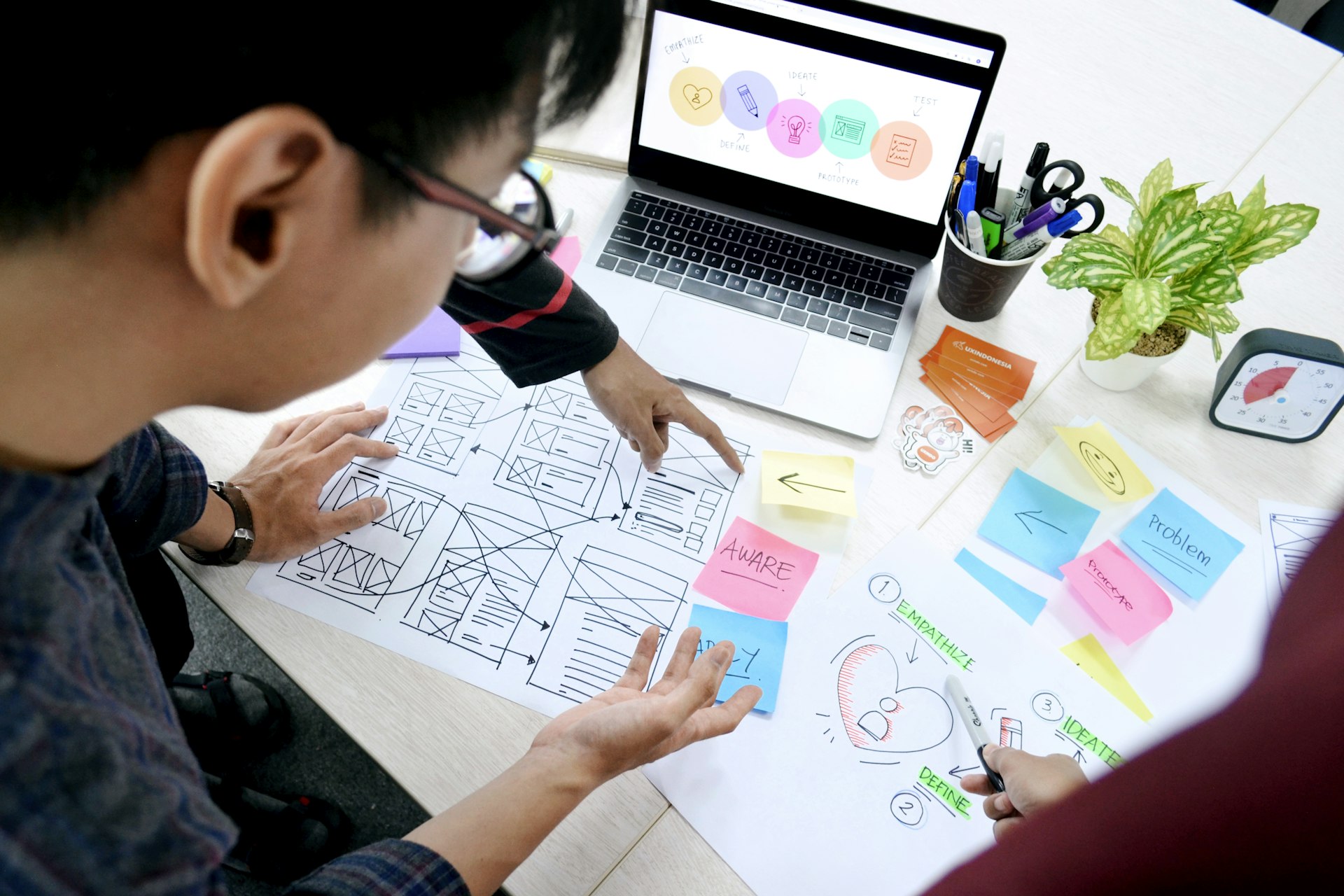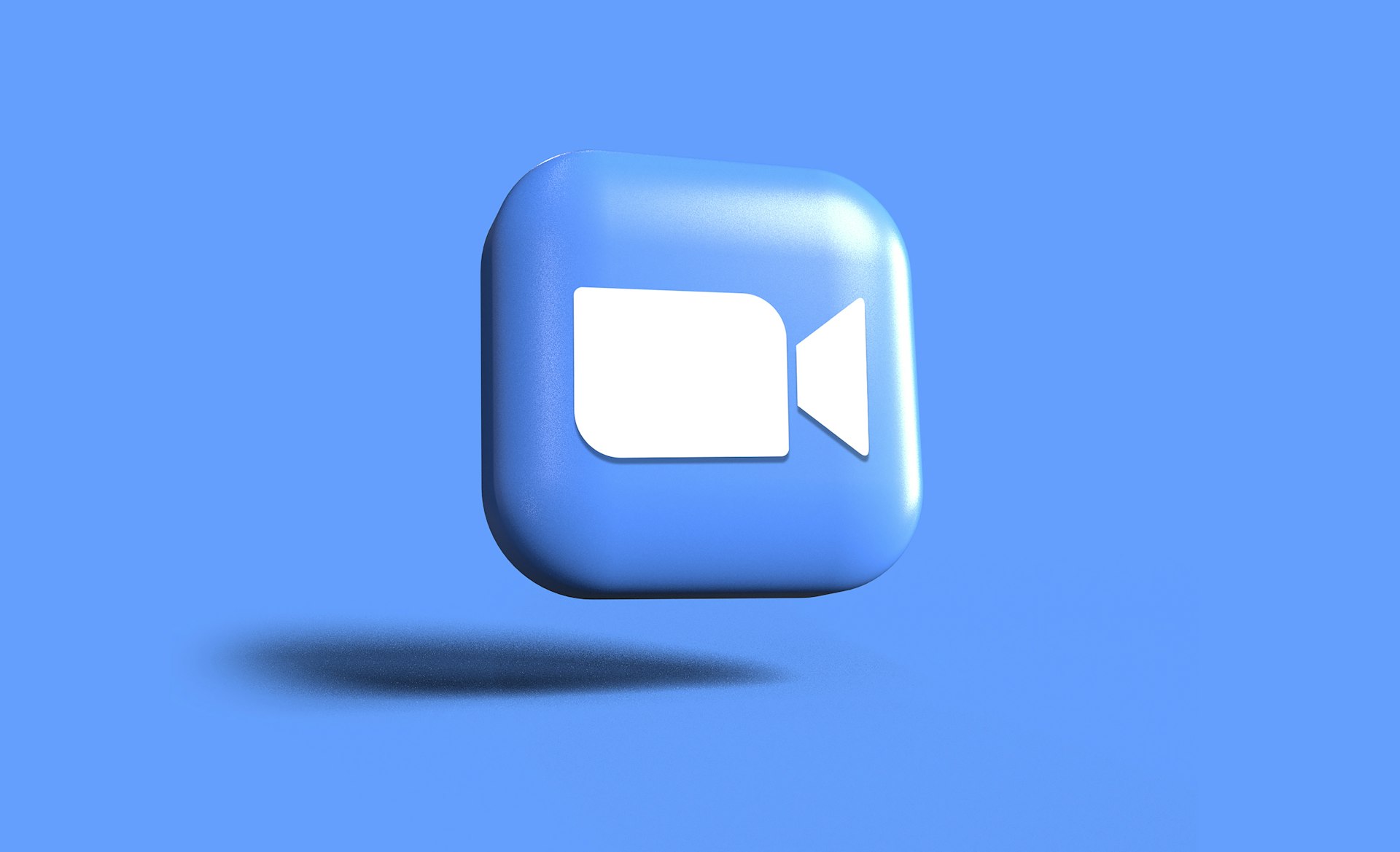Blueprints for Gen Z: Actionable Longevity and Healthy Aging Strategies for a Lifetime of Vitality

Photo by Richard Sagredo on Unsplash
Introduction: Why Longevity Matters for Gen Z
For Generation Z, health is no longer just about avoiding illness-it’s about maximizing years of active, vibrant life. As wellness trends shift, Gen Z is leading the charge toward holistic, sustainable approaches that prioritize both physical and mental health. This article explores proven longevity and healthy aging strategies tailored to Gen Z, with real-world examples, actionable steps, and resources for further support.
Redefining Wellness: The Gen Z Approach
Unlike previous generations, Gen Z prioritizes holistic well-being by integrating physical, mental, and emotional health into daily life. According to McKinsey, 75% of Gen Z considers health and wellness a top priority, and nearly 30% have increased their wellness focus over the past year [1] [4] . This shift is fueling demand for inclusive, diverse solutions, ranging from functional fitness to mindful nutrition and mental health apps.
Social media platforms play a pivotal role in spreading these trends, making wellness a lifestyle rather than an occasional activity. Gen Z openly discusses topics such as mental health, hormonal balance, and recovery, breaking taboos and driving industry adaptation [1] .
Nutrition for Longevity: Microbiome, Antioxidants, and Functional Foods
Diet is a foundational pillar of healthy aging. Modern strategies focus on:
- Microbiome support: Consuming fermented foods like yogurt, kimchi, and sauerkraut to promote gut health and support metabolic function.
- Antioxidant-rich diets: Including a variety of vegetables, berries, and herbs helps counteract oxidative stress, which can accelerate aging [2] .
- Low sugar, high fiber: Reducing sugar intake and increasing fiber aids blood sugar stability and digestive health.
- Functional nutrition: Gen Z is turning to protein- and nutrient-fortified foods, gut health supplements, and weight management programs personalized to their needs [5] .
Practical Steps: Start by adding one fermented food to your weekly meals, track your vegetable intake, and swap sugary snacks for berries or nuts. If you want professional guidance, you can search for registered dietitians in your area or use reputable nutrition apps that offer personalized recommendations.
Fitness and Recovery: Building Resilience for Life
Regular movement is essential for maintaining muscle mass, bone strength, and cognitive function as you age. Gen Z is embracing fitness routines that are sustainable and focus on health over appearance [1] [2] . Key components include:
- Functional fitness: Workouts that mimic real-life activities, improving balance, strength, and flexibility.
- Resistance training: Lifting weights or using resistance bands stimulates growth factors and preserves muscle and bone density.
- Daily movement: Even short walks can enhance cardiovascular health and brain function.
- Recovery: Practices like guided stretching, sleep optimization, and using high-tech sleep aids are gaining popularity.
Practical Steps: Try incorporating two strength-training sessions weekly and daily walks, even as short as 10 minutes. Use fitness tracking apps to monitor progress and set reminders for movement breaks. When seeking structured programs, research local gyms, community centers, or virtual platforms with certified trainers.
Mental Health: Integrating Mindfulness and Digital Tools
Mental health is a core component of longevity for Gen Z. While traditional therapy remains important, younger generations are blending mindfulness with fitness, skincare, and sleep hygiene to support emotional well-being [5] .
- Mindfulness apps: There has been a surge in digital tools offering guided meditation, breathing exercises, and mood tracking. When choosing an app, look for those with evidence-based content and strong user reviews.
- Sleepmaxxing: Prioritizing sleep through consistent routines, blue-light management, and sleep tracking devices.
- Holistic routines: Integrating mental wellness into daily habits-like combining meditation with skincare or fitness.
Practical Steps: Start with short, daily mindfulness sessions using a reputable app. If sleep is an issue, consider sleep hygiene strategies such as winding down with a book, sticking to a regular bedtime, or using a wearable sleep tracker. For therapy or counseling, search for licensed providers in your area or explore telehealth options offered by recognized mental health organizations.
Preventive and Personalized Health: Supplements, Wearables, and Diagnostics
Gen Z is adopting a proactive approach to health by leveraging supplements, wearables, and digital diagnostics. The global supplement market is projected to reach $140 billion by 2025, with younger generations driving demand for evidence-based, personalized products [3] . Popular options include:
- Science-backed supplements: Multivitamins, omega-3, probiotics, and adaptogens are commonly used to address nutrient gaps or support specific health goals.
- Wearables: Devices that track activity, sleep, or vital signs provide real-time feedback and encourage healthy habits.
- Digital health platforms: Telemedicine and AI-driven tools make personalized health monitoring more accessible than ever before.
Practical Steps: When considering supplements, consult with a healthcare provider to assess needs and avoid unnecessary products. Compare wearables by reading independent reviews and checking for FDA clearance when relevant. For diagnostic services, search for local clinics or established telehealth providers.
To access reliable information on supplements, you can visit the official National Institutes of Health Office of Dietary Supplements website or consult your primary care provider for recommendations.
Women’s Health and Longevity: Addressing Unique Needs
Within the broader longevity movement, Gen Z women are seeking tailored solutions for hormonal balance, reproductive health, and aging. The market for women’s health products is growing rapidly, but unmet needs remain, especially around menopause and maternal mental health [2] .
Innovations include:

Photo by alpay tonga on Unsplash
- Hormonal tracking: Digital tools and apps for menstrual and hormonal health monitoring.
- Red-light therapy: Devices aimed at supporting skin health and collagen production.
- Femtech platforms: Technology-driven solutions targeting fertility, pregnancy, and mental wellness.
Practical Steps: For personalized women’s health support, consider searching for certified specialists such as OB-GYNs, endocrinologists, or women’s health clinics in your area. Femtech apps can be found through major app stores-be sure to review privacy policies and look for platforms affiliated with reputable medical organizations.
Overcoming Barriers: Motivation, Accessibility, and Personalization
Despite the growing interest in longevity, many Gen Zers report challenges such as lack of motivation, information overload, or difficulty finding personalized solutions. According to McKinsey, 44% of Gen Z respondents struggle with exercise motivation, and mental health remains an unmet need for many [5] .
Actionable solutions include:
- Community and accountability: Joining group classes or online wellness communities can boost motivation and provide support.
- Goal setting: Use digital planners or goal-tracking apps to set achievable milestones.
- Professional guidance: If self-directed approaches aren’t effective, you can consult certified trainers, nutritionists, or therapists for tailored plans.
For those seeking local resources, consider contacting your community health center, university wellness office, or searching for “Gen Z wellness programs” and “youth health services” in your area.
Step-by-Step: Building Your Longevity Routine
- Assess your current habits using a wellness tracker or self-assessment worksheet.
- Choose one area to focus on first (nutrition, fitness, or mental health).
- Set a specific, achievable goal (e.g., “walk 10 minutes daily” or “add one vegetable to each meal”).
- Identify resources-apps, community groups, or professionals-that align with your needs.
- Track your progress weekly and adjust as needed.
- Expand your routine by gradually incorporating new healthy habits.
- Celebrate milestones and seek support when challenges arise.
Alternative and Complementary Approaches
Some Gen Zers may prefer alternative options such as plant-based diets, mindfulness-based stress reduction, or integrated wellness retreats. These can complement traditional strategies and provide new perspectives. Always ensure that any new approach is evidence-based, and consult with a healthcare provider for major changes.
Summary: Key Takeaways for Gen Z Longevity
Healthy aging for Gen Z is about proactive, holistic routines that blend science-backed nutrition, fitness, mental wellness, digital tools, and personalized support. By taking small, consistent steps and leveraging community and technology, Gen Z can build a resilient foundation for lifelong vitality.
References
- [1] Athletech News (2025). Gen Z wellness and longevity trends interview.
- [2] NEXT Conference (2025). How the longevity movement is making us rethink aging.
- [3] Longevity Foundation (2025). Longevity is becoming mainstream.
- [4] ContentGrip (2025). McKinsey finds rising Gen Z and millennial wellness spending.
- [5] NutraIngredients USA (2025). Longevity, beauty, weight and mental health top McKinsey’s wellness trend predictions.
MORE FROM eboxgo.com













